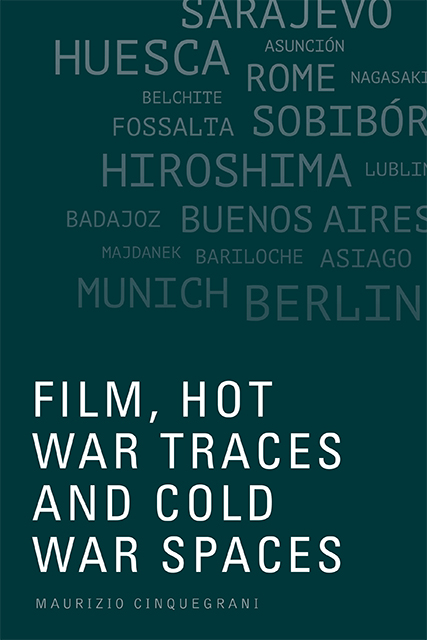5 - San Fernando, Buenos Aires, Argentina, 11 May 1960, 8:05 p.m.
Published online by Cambridge University Press: 12 August 2023
Summary
A fifty-four-year-old man from Solingen, North Rhine-Westphalia, is ambushed and wrestled to the ground by three Mossad agents while he is on his way home from work. He goes by the name of Ricardo Klement and this happens on the evening of 11 May 1960 in Buenos Aires.
On the day of the atomic bombing of Hiroshima, former SS-Obersturmbannführer and architect of the Final Solution Adolf Eichmann was imprisoned under the name of Otto Eckmann at a POW camp in Weiden, Bavaria. Eichmann later fled Germany and arrived, via Italy, in Argentina on 14 July 1950 under the alias of Ricardo Klement. He was then apprehended by Mossad intelligence agents, taken to Jerusalem, put on trial, sentenced to death and finally executed on 1 June 1962. The operation which took place on 11 May 1960 and which led to the capture of Eichmann in Buenos Aires is the subject of Chris Weitz's historical drama Operation Finale (2018). The film details the role played by Lothar Hermann, a half-Jewish German who had immigrated to Argentina in 1938, and his daughter Sylvia, who began dating Eichmann's eldest son Klaus in 1956, in exposing the identity of the Nazi war criminal. Paradoxical at first, the narrative of the daughter of a Jewish refugee dating the son of Eichmann against the background of a tropical landscape captures the aftermath of the Holocaust in Latin America, a place where both survivors and perpetrators sought a new life.
After the war, a number of Nazis escaped, through Italy and Spain, to Argentina, Brazil, Bolivia, Chile, Colombia, Ecuador, Guatemala, Mexico, Paraguay, Peru and Uruguay via the system of escape routes known as ratlines. Some lived in Latin America as free men until their death; others were captured and brought to justice. The fate of Adolf Eichmann thus epitomises a type of narrative of escape, trail and retribution, which unfolded in Latin America and repeated itself with many variations.
- Type
- Chapter
- Information
- Film, Hot War Traces and Cold War Spaces , pp. 97 - 116Publisher: Edinburgh University PressPrint publication year: 2022



